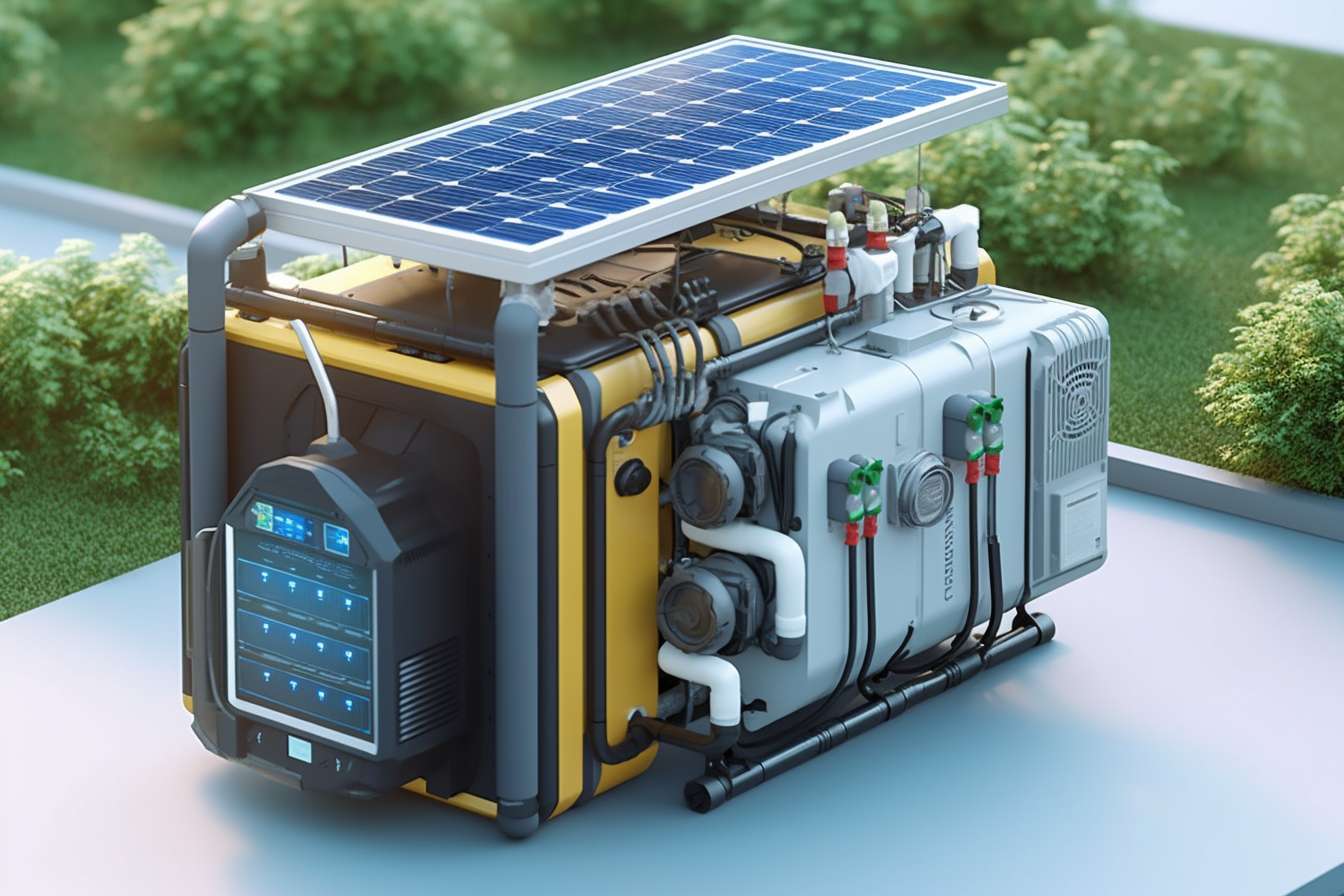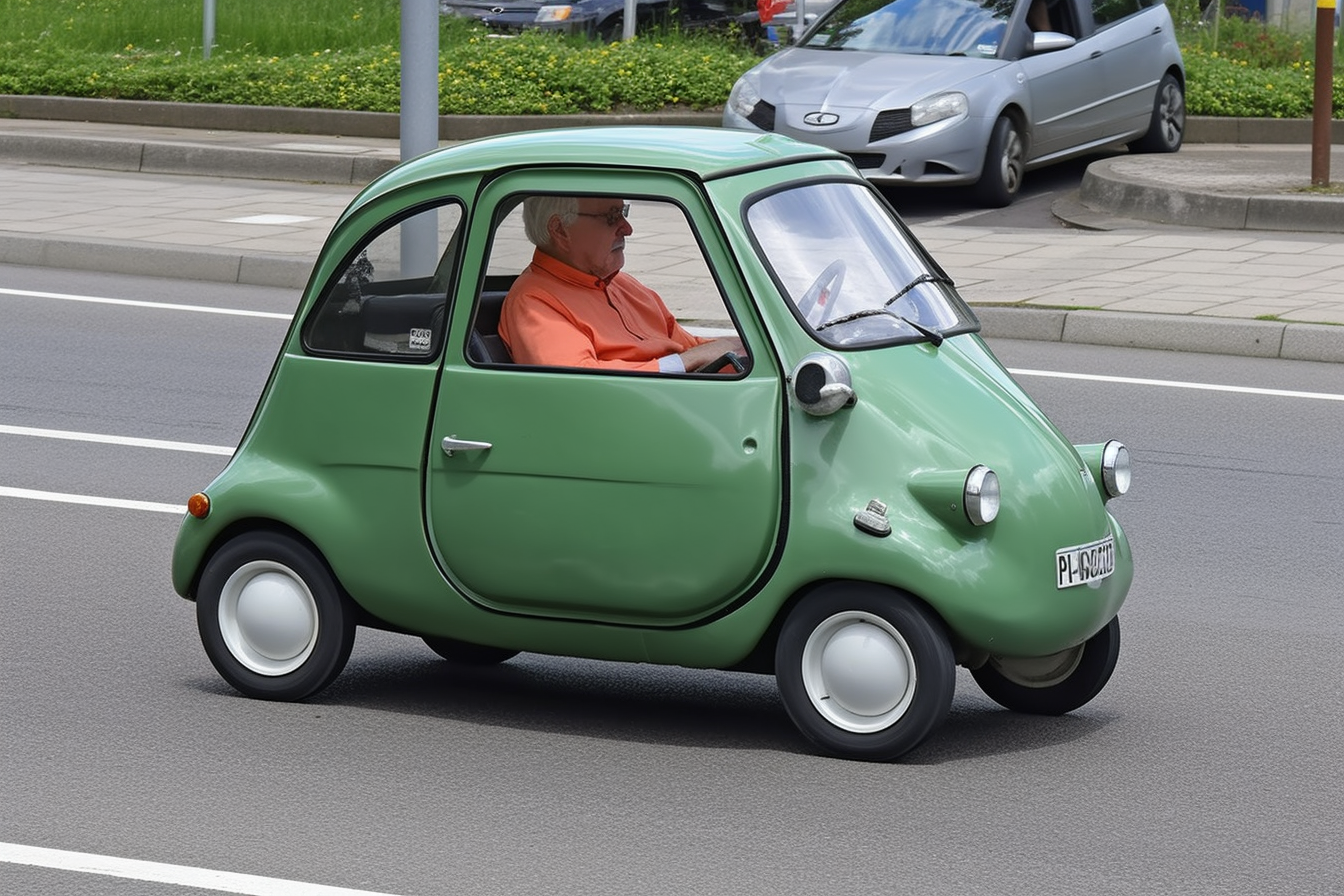Power Generator Solutions: From Diesel to Renewable Energy Systems
Power generators provide critical electricity when grid power fails or isn't available. Today's market offers diverse options from traditional diesel generators to innovative renewable energy solutions. Whether you need backup power for your home during outages, reliable energy for remote locations, or environmentally friendly alternatives to conventional power sources, understanding the different generator types and their applications can help you make an informed decision for your power needs.

Alternative Energy Generators: Sustainable Power Solutions
Alternative energy generators harness natural resources like sun, wind, and water to produce electricity without fossil fuels. These systems offer environmentally friendly power generation with minimal carbon emissions. Solar generators use photovoltaic panels to convert sunlight into electricity, storing energy in batteries for use when needed. Wind generators utilize turbines to transform wind energy into electrical power, while hydroelectric systems capture the energy of flowing water.
The appeal of alternative energy generators extends beyond environmental benefits. These systems often provide energy independence, allowing users to generate their own power without relying on utility companies. Additionally, once installed, many alternative energy generators have minimal operational costs since their fuel sources—sunlight, wind, and water—are free and abundant.
Diesel Generators: Reliable Power for Critical Applications
Diesel generators remain one of the most dependable power sources for emergency backup and continuous operation in critical environments. Their robust design and fuel efficiency make them ideal for commercial, industrial, and residential applications where reliable power is essential. Modern diesel generators feature improved emissions controls, quieter operation, and enhanced fuel efficiency compared to older models.
These generators excel in demanding conditions where consistent power output is necessary. Hospitals, data centers, construction sites, and remote facilities often rely on diesel generators for their primary or backup power needs. The technology is well-established, with readily available parts and service support in most regions.
Renewable Energy Generators: The Future of Power Generation
Renewable energy generators represent the cutting edge of sustainable power production. These systems utilize natural, replenishable resources to generate electricity without depleting finite resources or producing harmful emissions. Solar, wind, biomass, and geothermal generators all fall under this category, offering clean alternatives to fossil fuel-based power.
The technology behind renewable energy generators continues to advance rapidly, with improvements in efficiency and decreasing costs making these systems increasingly competitive with conventional power sources. For homeowners and businesses concerned about environmental impact, renewable generators offer a way to reduce carbon footprints while potentially saving money on energy costs over the long term.
Generator and Battery Systems: Integrated Power Solutions
Generator and battery systems combine power generation with energy storage for comprehensive electricity management. These hybrid systems typically pair generators (either conventional or renewable) with advanced battery storage to provide consistent power even when generation is intermittent. This integration allows for more efficient energy use, reduced generator runtime, and seamless power transitions.
The battery component stores excess energy produced during peak generator operation for use during periods of lower production or higher demand. For solar or wind generators, this means storing power generated during sunny or windy conditions for use at night or during calm weather. For conventional generators, batteries allow the generator to run at optimal efficiency, charging batteries that can handle smaller loads without starting the main generator.
Grid-Tied Solar Systems with Battery Backup: The Best of Both Worlds
Grid-tied solar systems with battery backup offer homeowners and businesses the security of continuous power with the environmental benefits of solar energy. These systems connect to the utility grid while maintaining battery storage for outages or peak demand periods. During normal operation, the solar panels generate electricity for immediate use, with excess power either charging batteries or feeding back into the grid.
When grid power fails, the system automatically switches to battery power, ensuring critical systems remain operational. This configuration provides multiple advantages: reduced electricity bills through solar generation, potential income from selling excess power to utilities, and reliable backup during outages without the noise and maintenance requirements of traditional generators.
| Generator Type | Initial Cost Range | Key Benefits | Limitations |
|---|---|---|---|
| Diesel Generators | $2,000-$15,000+ | Reliable, high power output, widely available | Fuel costs, emissions, noise, maintenance |
| Solar Generator Systems | $1,500-$20,000+ | No fuel costs, quiet, environmentally friendly | Weather dependent, requires sufficient space |
| Wind Generators | $3,000-$50,000+ | Renewable energy source, works day/night | Location dependent, variable output |
| Battery Storage Systems | $5,000-$15,000+ | Instant power, quiet, zero emissions | Limited capacity without recharging |
| Grid-Tied Solar with Battery | $10,000-$30,000+ | Best of both worlds, potential utility savings | Higher initial investment |
Prices, rates, or cost estimates mentioned in this article are based on the latest available information but may change over time. Independent research is advised before making financial decisions.
Selecting the right power generator depends on your specific needs, budget, and environmental considerations. Diesel generators offer proven reliability for critical applications, while alternative and renewable energy generators provide sustainable solutions with long-term cost benefits. For comprehensive coverage, integrated generator and battery systems or grid-tied solar with battery backup deliver both reliability and efficiency. As technology continues to advance, the options for reliable, efficient, and environmentally friendly power generation will only continue to improve.




